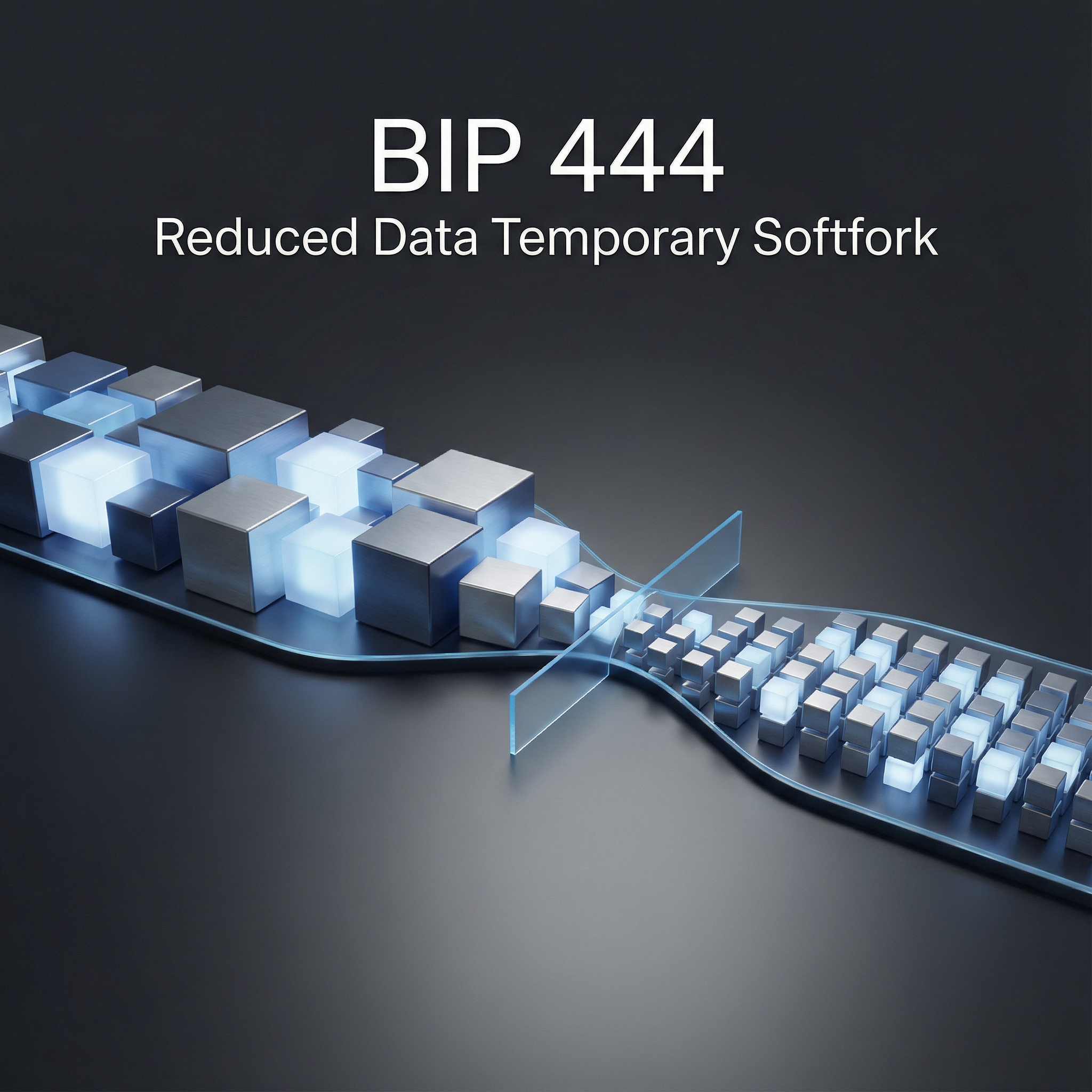Does Seed Phrase Case Sensitivity Matter?
As digital assets grow in popularity, securing your cryptocurrency has become more important than ever. A seed phrase, or mnemonic code, allows you to back up and recover your wallet, acting as a crucial security feature. But does the case sensitivity of a seed phrase really matter? And if so, how does it affect both security and usability when managing cryptocurrency wallets? In this article, we explain seed phrase case sensitivity, its technical aspects, and best practices for safeguarding your digital assets.
Seed Phrase: Learn the Basics
A seed phrase is an ordered list of words that provides access to a cryptocurrency wallet. This phrase, usually 12, 18, or 24 words, serves as a master key to restore funds if access to the original wallet is lost. Created using the BIP39 standard, seed phrases encode a private key in an easy-to-read way. Essentially, your seed phrase is a readable version of your crypto wallet’s private key. Since anyone with access to this phrase can control your funds, it’s vital to understand regulations related to case sensitivity, word order, and the optional passphrase.
Case Sensitivity in Seed Phrases: The BIP39 Standard
Seed phrases under the BIP39 standard are case-insensitive. This is because the BIP39 word list only contains lowercase letters. As a result, capitalizing or changing the case of letters has no effect. A BIP39-compliant phrase is always in lowercase.
For example, the word "abandon" at BIP39 index 0 remains the same regardless of case. Phrases like "abandon ability able" will decode to the same input bytes whether written as "ABANDON ABILITY ABLE" or in lowercase.
Why Does Case Sensitivity Matter in Other Parts of Crypto?
While seed phrases aren’t case-sensitive, other areas of crypto wallets rely on correct capitalization. A small mistake in capitalization can create significant issues. Here’s why case sensitivity is important:
Programming Language Standards: Many programming languages treat uppercase and lowercase letters differently. For example, "A" is a different character from "a." Wallets interpret user input based on their programming. However, BIP39-compliant wallets will still recognize all-lowercase seed phrases.
Case Sensitivity in Optional Passphrases
In BIP39 seed phrases, you can add an optional passphrase (often called the "25th word") for extra security. Unlike the seed phrase, this passphrase is case-sensitive. For instance, "securepassword" and "SecurePassword" create unique cryptographic keys, each leading to different wallet access. Correct capitalization is crucial when entering passphrases.
Generating a Master Seed: PBKDF2 Hashing
Here’s how a wallet generates a master seed from your mnemonic and optional passphrase:
- Seed Phrase (input): A UTF8-encoded string from the BIP39 word list.
- Enter Passphrase (if enabled): Passphrases are case-sensitive.
- PBKDF2 Function Processing: Produces a unique binary seed based on the exact input, including the case-sensitive passphrase.
- Generated Seed Binary Output: The binary seed creates a wallet that securely manages your crypto funds.
A single uppercase or lowercase letter difference in the passphrase will produce a different key, so enter passphrases carefully.
How Wallet Developers Handle Case Sensitivity
Wallet developers implement BIP39 standards but have some flexibility. To prevent user errors, many wallets restrict uppercase letters in seed phrases. Some wallets force all uppercase input to lowercase before generating a BIP39-compatible seed, while others reject uppercase entries, asking users to input only lowercase words. These safeguards aim to make wallet recovery easier and minimize errors.
Does Capitalization Matter for Wallet Recovery?
Most BIP39-compatible wallets can recover a seed phrase regardless of capitalization. Since BIP39 seed phrases default to lowercase, capitalization doesn’t affect recovery. However, passphrases, which are case-sensitive, must match exactly.
This means that:
- Seed Phrase: Lowercase.
- Passphrase: Case-sensitive.
Practical Tips for Managing Seed Phrases and Passphrases
- Use Lowercase Seed Phrases: To avoid compatibility issues across wallets, back up your seed phrase in lowercase.
- Maintain Passphrase Consistency: If using a passphrase, keep the same capitalization each time. Even a minor change, like "ToMajorityVoTe," creates a new wallet.
- Store Seed and Passphrase Separately: Keep passphrases and seed phrases in secure places, such as a hardware wallet or paper storage.
Case Sensitivity Examples in Crypto Wallets
Here are examples of case sensitivity in wallets:
Using "LESSON BONUS ROSY IRIS" instead of another capitalization format will yield the same result in a BIP39 wallet.
Example 2: If your seed phrase is "lemon tornado globe artist" and your passphrase is "SecureAccess," then entering "secureaccess" will generate a different key, blocking wallet access.
Frequently Asked Questions: Seed Phrases & Case Sensitivity
Are seed phrases lowercase? Yes, seed phrases use lowercase to match the BIP39 standard and reduce errors.
Does capitalization affect wallet security? Only passphrases are case-sensitive, so capitalization errors in passphrases can block access.
Why are passphrases case-sensitive? Case-sensitive passphrases add security. Changing a letter’s case produces a new cryptographic key.
How do wallets handle uppercase entries in seed phrases? Many wallets enforce lowercase to prevent conflicts and simplify recovery.
Do seed phrases contain private keys? Seed phrases generate private keys, which control funds, while private keys sign transactions.
What if I forget my passphrase? Passphrases are essential for wallet access; losing them means losing wallet access.
Conclusion: Does Case Sensitivity Matter?
Seed phrases are case-insensitive, so capitalization in the seed phrase itself doesn’t matter. However, passphrases are case-sensitive and must match exactly as entered. When setting up or recovering a wallet, be careful with capitalization in passphrases to ensure access. Treat your seed phrases and passphrases with the same care as bank keys—precision matters for security.
Additionally, for those looking to protect their assets, understanding the importance of safe storage for seed phrases is essential, as discussed in HelloCrypto’s article on crypto security. The Cypherock blog explains the difference between seed phrases and passphrases and highlights the significance of case sensitivity in passwords. Lastly, Ledger’s guide to BIP39 offers an in-depth perspective on this standard and its importance in cryptocurrency management.
Our platform also provides a convenient seed phrase generator to help you create secure recovery phrases. Using the BIP39 standard, our generator ensures compatibility and security, making it easier to protect your assets with a compliant, randomly generated phrase.



